Marketing Conference Exhibiting: Your Guide to Success
Which is likely to stick with you more: shaking someone’s hand or reading their name on a screen? The value of face-to-face interaction for building brand awareness and forging positive connections is impossible to overstate. Especially in a world that’s ruled by digital everything, being able to place your products and services directly in front of a consumer is a unique opportunity. Fortunately, it’s one that you can readily take advantage of through marketing conference exhibiting.
Marketing conference exhibiting refers to the practice of setting up booths or displays at an industry event to showcase products and services. It specifically refers to exhibiting at marketing events, which aim to bring together potential customers, industry leaders, and marketing professionals.
Successful conference exhibiting requires two things: strategic planning and careful execution. From designing an effective booth and creating engaging presentations to training staff and preparing promotional materials, there’s a lot of work that goes into strong exhibitions. But it’s work that’s well worth the effort. By looking into marketing conference exhibiting near me, you can gain new leads, forge new connections, and gather valuable market insights all in one place.
For attendees and event organizers, exhibitors are irreplaceable. Exhibitors bring the products and services that enhance discussions held at the event. They’re a draw that attracts audiences who are looking for new tech, tools, and services to improve business practices. In other words, they’re the icing on top of the cake.
Overall, marketing conference exhibiting stands to elevate the event for all involved. It’s a fantastic way to help your brand reach the right people at the right time. Choosing an event – like DigiMarCon – with a wide reach can help you maximize what you get from the experience. Below, we unpack everything you need to know about exhibiting, including how to get started as an exhibitor or sponsor at the best digital marketing conference 2025 has to offer.
What Is a Conference Exhibitor?
A conference exhibitor is an entity – like a company or organization – that sets up a display or booth at an event to showcase its products, brand, or services. Their goal is to engage directly with attendees and show what they have to offer, all while networking with other businesses and increasing general brand awareness.
The term “exhibit” is key here. It refers to the act of displaying or showing, which is exactly what these entities are all about. An exhibitor typically occupies a designated space in the exhibit hall or trade show area of a conference. Here, they can display products, conduct demonstrations, and distribute promotional materials to potential customers.
But trade show exhibitors are not just there for “background dressing” or scenery; instead, they’re active participants at a conference. Participating in marketing conference exhibiting allows entities to contribute to the dynamic environment of the event and learn new things.
From startups to established brands, the entities that slip into the exhibitor role aren’t restricted by organization type or scale. Small businesses and Fortune 500 companies alike can find a lot of value in exhibiting, especially within the niches that are relevant to their target audiences.
What is a marketing conference?
A marketing conference is an event that aims to bring together industry leaders, experts, professionals, and enthusiasts to share their insights and strategies. It’s a smorgasbord of discussions, workshops, presentations, and networking sessions centered around the marketing field.
Considering that marketing positions are among the top and fastest-growing jobs in the nation, it makes sense that more and more conferences are popping up to support them.
While different marketing conferences have different focuses, they all tend to revolve around identifying new trends and strengthening marketing strategies. The sessions hosted at a conference might zoom in on all kinds of marketing elements, like social media, search engine optimization (SEO), digital marketing, content creation, and more.
No matter what it looks like, a marketing conference strives to provide attendees with valuable knowledge and meaningful takeaways. The tools, tips, and connections gained can enhance an individual’s marketing skills and methods.
The hope is that attendees walk away having truly gotten something from their experience. They can then take back their discoveries to their respective firms or companies to spread the knowledge even further.
What is the role of an exhibitor?
The role of an exhibitor at a marketing conference is simple: to showcase products, services, and the exhibitor’s brand. Generating leads and creating connections that translate to future business is one major goal behind this effort. However, exhibitors should also aim to enhance the value of the event for attendees.
To make that happen, exhibitors typically use engaging visual displays to grab attendees’ attention and draw them in. Product demonstrations and promotional materials further connect with audiences and communicate what makes an exhibitor’s offerings unique.
As they interact with attendees, exhibitors also get to build brand awareness and conduct market research of their own. Communicating with potential clientele and partners in a focused setting allows exhibitors to learn new things about the industry and their competition that may enhance their business strategies.
The role of the exhibitor doesn’t stop there, though – it’s about far more than setting up a booth at a trade show. Exhibitors play a crucial role in the overall success of an event. They ensure that attendees get exclusive access to promotions, new products or services, and networking opportunities with top companies in their niche.
Think of exhibitors like magnets. They attract attendees – from potential customers to professionals and investors – to their booths and to the event itself. They also generate a buzz and create a lively environment that makes the event one-of-a-kind.
Last but not least, their demonstrations and offerings can provide attendees with insights into market trends, technological advancements, and what to expect from the competition.
What Is the Difference Between Sponsor and Exhibitor?
Sponsors and exhibitors both play important roles in the success of a conference, but they contribute in different ways. Sometimes, a person or entity may be listed as both a sponsor and exhibitor, but that doesn’t mean the terms are interchangeable. The key difference between sponsors and exhibitors is their level of involvement and financial investment.
Sponsors financially support a conference in exchange for top branding opportunities, like logo placements or exclusive speaking or advertising slots. Meanwhile, exhibitors focus primarily on displaying products and services to engage with attendees through a booth or display.
If you’re looking into “digital marketing conference exhibiting near me,” it helps to understand whether the event you’re considering needs exhibitors, sponsors, or both.
Sponsors
A sponsor’s job is to provide financial support or other resources to help fund and support a conference. Their reward for their contributions is heightened brand exposure, which is usually targeted through event branding opportunities like exclusive partnerships, logo placements, and speaking opportunities.
The more a sponsor contributes, the more exposure and opportunities they tend to get. For example, top sponsors might be able to place their logos in the event hub’s lobby and on the event’s landing page. Meanwhile, smaller sponsors might have less impactful opportunities, like brand logo placement in the event’s social media marketing.
Regardless of how much they give, sponsors usually align themselves with the event’s goals. They may, for example, choose to sponsor events that relate to their services or tailor their offerings to what the conference needs to run successfully. This helps them reach target audiences on a large scale and contextualize their services within the marketing industry.
They might not always be physically present at the event itself, but sponsors undoubtedly have a huge influence over how a conference performs.
Exhibitors
An exhibitor doesn’t financially support an event, though they do typically pay a participation fee to event organizers for the chance to set up a booth. Some exhibitors double as sponsors, but many get their brand exposure through their own efforts.
Exhibitors can purchase booth locations and design their stands in a way that supports their goals. They typically don’t get access to as much branded exposure throughout a conference as a sponsor does, but they can still rely on their booth space and direct engagement with attendees to generate leads.
Unlike sponsors, exhibitors almost always have a significant physical presence at a conference, even if it’s just their products or displays. In attending the event, they seek to showcase products or services directly to people who may need them, which makes their role at the event much more active.
What Is the Difference Between an Attendee and an Exhibitor?
While a conference exhibitor attends an event with the goal of promoting their business by interacting with attendees, the attendees themselves are usually focused on learning and connecting.
Attendees participate in conference sessions, workshops, and other activities as guests. Their job is to absorb as much content as they can, meet new people, and learn new things to take back to their business or firm.
What does an attendee do at a marketing conference?
The sky’s the limit! While at a marketing conference, attendees can participate in all sorts of activities, including, but not limited to:
- Listening to presentations
- Networking with peers
- Attending workshops and group activities
- Engaging in interactive sessions
- Visiting booths or displays and trying out new technology
- Consulting with exhibitors to discover new strategies and services
Overall, an attendee’s goal is to learn more about the industry. By gaining new insights on trends and gathering actionable tidbits to take with them, attendees help their organizations grow. They hope to discover new ideas and tools that can help them improve their strategies after the event is over.
What is the Difference Between a Conference and an Exhibition?
While many professional conferences include an exhibition component, exhibitions can also be a separate event type. Some exhibitions are standalone events with a focus on product demonstrations and networking instead of learning and sharing insights.
A conference is an event that’s focused on knowledge, which is spread through discussions, presentations, and workshops. An exhibition, on the other hand, is an event centered around showcasing innovations in a trade show format. Exhibitors display what they have to offer, and attendees visit to interact with them.
What does it mean to be an exhibitor at a conference?
In a nutshell, being an exhibitor at a conference means you’re there to represent your brand and services. It also means you’re there to connect with potential customers and industry professionals who can help you improve your own practices.
If you decide to participate in marketing conference exhibiting, you’ll likely be provided a booth or designated space to set up your displays. Your mission will ultimately be to spread brand awareness and bring in new leads, but you’ll also want to establish industry relationships that will help you get ahead of the competition.
How Do You Prepare for a Conference Exhibit?
If you’ve decided to become an exhibitor, you’ll want to take plenty of time to plan for the big day so you can maximize the benefits you get from participating. As you prepare, there are many steps to consider, including:
- Setting clear, realistic goals
- Designing an attractive and engaging exhibition booth
- Preparing your marketing and promotional materials
- Practicing your presentation elements
- Ensuring you have a strategy to capture leads and follow up post-conference
Logistical planning is also a key part of the process. It might involve things like arranging transportation, renting equipment, paying any fees, and completing other pre-conference tasks required of you.
How to Create an Exhibition Marketing Strategy
As you look into the best marketing conference exhibiting near me to find events to participate in, it’s also smart to establish your marketing strategy as an exhibitor. In other words, as you choose the conferences to attend, make sure you also think about what you hope to gain from the experience. This will ensure you choose the best events for your needs.
Creating an exhibition marketing strategy involves setting specific objectives, identifying your target audiences, and planning outreach. Remember, outreach should take place before, during, and after the event so that you can transform any leads you get into real business.
Your strategy should also contain and outline key messages you want to share at the event. Make sure you also consider booth design, the products and services you’ll focus on, and the engagement tactics you want to use to attract attendees. Don’t forget to also think about how you can promote your exhibition booth on social media or offer incentives for visitors.
Marketing Conference Exhibiting Best Practices
Make your marketing conference exhibition booth a success with these essential best practices:
- Design an eye-catching booth. If it’s boring or bland, it’s unlikely to draw in attendees. Since the value of exhibiting comes from direct interaction with attendees, it’s important to ensure you’ve done a good job piquing their interests.
- Use interactive elements. When your booth or space is fun to interact with – maybe through product demos, free samples, or handouts – it’s more likely to connect with guests.
- Provide value-driven content. The content you present at your booth should resonate with audiences. It should also be relevant to their needs and explain how, in specific detail, your services or products offer value to customers.
- Leverage data and insights from the event. Maximize the return on investment (ROI) you get from exhibiting by using the data and information you gather at the event to your advantage. Learn what your audience wants, see who engaged with your booth, and establish what worked well so you know what to do in the future.
- Train your staff. Make sure that everyone on your team knows what’s expected of them to ensure consistent messaging and positive experiences on the big day.
- Capture those leads. Follow up with leads promptly after the event. It might also be helpful to create scripts or craft talking points to use when talking to potential clients.
- Conduct some competitive analysis. Being part of a trade show floor setup allows you to observe the competition and learn about what they’re doing best. This offers invaluable insights that you can use to refine your marketing strategies.
How Effective is Event Marketing?
When done well, event marketing can be highly effective for brands and audiences alike. Event marketing enables brands to connect with their target audiences face-to-face in an environment tailored to their industry.
This not only builds trust but also fosters engagement in a way that’s hard to replicate. It also places a brand directly within the context in which it wants to be seen and understood, which is great for building a positive reputation.
Overall, event marketing increases brand visibility and awareness among consumers. It makes it simple to gather feedback directly from potential clients, allowing teams to get actionable insights that can directly improve sales, performance, and operations.
Still, the effectiveness of this type of marketing will ultimately depend on the planning and execution of the event in question. Many brands find that event marketing provides them with valuable exposure and a chance to build lasting relationships. However, the bigger and more established the event is, the more likely it is to help brands achieve those goals.
DigiMarCon is one of the largest digital marketing conferences and exhibition series in the world, with events held in 40 cities worldwide across 18 countries. At a large-scale event like DigiMarCon, you can reach over 35,000 industry professionals across the globe.
Why is a marketing conference important?
Marketing conferences are important for a few reasons. For one thing, they provide professionals with access to the latest industry trends and technology, which enhances marketing strategies. They also create a collaborative space that empowers professionals to share what they know.
Advertising and marketing managers have an expected job growth outlook of 8%, according to the Bureau of Labor Statistics (BLS). That means that marketing professionals are seeing more growth in their field than most others.
Over 30,000 new jobs in marketing are expected to emerge between 2023 and 2033. A field with so much growth naturally demands spaces that support connection and continued education.
The conference environment inherently fosters innovation. The knowledge it provides helps marketers stay competitive, all while building meaningful connections with peers, influencers, and potential partners. The unique networking opportunities a conference provides are nothing to scoff at; everyone from interns to top professionals can learn something new and grow their careers by communicating with others.
Perhaps the most important thing marketing conferences do, though, is bring people together. Learning new things is important, but so too is coming together to uplift and support the industry as a whole.
Final Thoughts: Marketing Conference Exhibiting
Whether you participate as an attendee, exhibitor, or sponsor, attending a marketing conference is a great way to boost your skills and share what you know. Regardless of your role, marketing conference exhibiting plays an essential part in ensuring that the event is engaging and informative for all.
If you’re a business or organization and want to increase visibility while interacting with potential new customers, sponsorship or exhibition is a wise investment. Generate leads while delivering a personal touch that will set your brand apart from the rest at an event like DigiMarCon.
With dozens of events in cities across the world, DigiMarCon has the reach you need to connect with audiences and potential partners.
Become a DigiMarCon sponsor to make your brand a core part of the experience. Learn more about sponsorship today to start discovering opportunities to help your brand grow to new heights.
Articles
- Best Marketing Conference Sponsorship
- What Does it Mean to Be an Exhibitor at a Conference?
- What Is the Biggest Social Media Conference?
- What Is an Innovation Conference?
- What Is a Typical B2B Event?
- What Are the Cloud Technology Events in 2025?
- Marketing Event Volunteer Opportunities: A Comprehensive Guide
- Digital Marketing Event Volunteer Opportunities Near Me
- What Does a Volunteer Do at a Conference?
- Is DigiMarCon Worth It?
- Is DigiMarCon Good?
- What is the Biggest Marketing Forum?
- What are Digital Marketing Conferences?
- Marketing Conference Exhibiting: Your Guide to Success
- Digital Summit Comparison: A Closer Look at DigiMarCon
- Digital Marketing Conference
- Digital Marketing Events: Your Guide to Success in 2025
- Marketing Conferences: Unlocking Your Business Potential in 2025
- What Is The Future of Digital Marketing in 2030?
- B2B Event Marketing Strategy: Unlocking Success For Your Business
- Why B2B Event Marketing?
- What Should a B2B Marketing Strategy Include?
- Top Marketing Conferences for 2025
- What Is the Future of Marketing in 2025?
Digital Marketing Conferences
- NORTH AMERICA
- DigiMarCon Cruise
(New Orleans, LA, USA) - DigiMarCon West
(Los Angeles, CA, USA) - DigiMarCon Northwest
(Seattle, WA, USA) - DigiMarCon Canada West
(Vancouver, BC, USA) - DigiMarCon Canada
(Toronto, ON, Canada) - DigiMarCon Canada East
(Montreal, QC, Canada) - DigiMarCon Florida
(Orlando, FL, USA) - DigiMarCon Gulf Coast
(Houston, TX, USA) - DigiMarCon Southern California
(San Diego, CA, USA) - DigiMarCon Midwest
(Chicago, IL, USA) - DigiMarCon Mid-South
(Nashville, TN, USA) - DigiMarCon Great Lakes
(Detroit, MI, USA) - DigiMarCon North
(Minneapolis, MN, USA) - DigiMarCon Central
(Kansas City, MO, USA) - DigiMarCon Texas
(Dallas, TX, USA) - DigiMarCon New England
(Boston, MA, USA) - DigiMarCon Mid-Atlantic
(Philadelphia, PA, USA) - DigiMarCon South Florida
(Miami, FL, USA) - DigiMarCon Southeast
(Atlanta, GA, USA) - DigiMarCon Central Florida
(Tampa, FL, USA) - DigiMarCon East
(New York, NY, USA) - DigiMarCon South Atlantic
(Charlotte, NC, USA) - DigiMarCon America
(Washington, D.C. USA) - DigiMarCon Northern California
(San Francisco, CA, USA) - DigiMarCon Rocky Mountains
(Denver, CO, USA) - DigiMarCon South
(San Antonio, TX, USA) - DigiMarCon Silicon Valley
(San Jose, CA, USA) - DigiMarCon Orange County
(Anaheim, CA, USA) - DigiMarCon Southwest
(Phoenix, AZ, USA) - DigiMarCon World
(Las Vegas, NV, USA)
- DigiMarCon Cruise
- LATIN AMERICA
- EUROPE
- MIDDLE EAST
- AFRICA
- ASIA PACIFIC
- DigiMarCon Hawaii & Pacific
(Honolulu, HI, USA) - DigiMarCon Asia & Japan
(Tokyo, Japan) - DigiMarCon New Zealand
(Auckland, New Zealand) - DigiMarCon Australia
(Sydney, Australia) - DigiMarCon Oceania
(Melbourne, Australia) - DigiMarCon Southeast Asia
(Singapore) - DigiMarCon India
(New Delhi, India) - DigiMarCon North Asia & China
(Shanghai, China)
- DigiMarCon Hawaii & Pacific
- VIRTUAL
Digital Marketing Blog
- Creators eye Snapchat as a reliable income alternative to TikTok and YouTube February 18, 2026
- The Instant Sell: 6 Features of Move-In Ready Homes to Market on Social Media February 17, 2026
- In Graphic Detail: Subscriptions are rising at big news publishers – even as traffic shrinks February 17, 2026
- What Does The US Military Check Service Members’ Social Media Accounts For? February 16, 2026
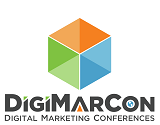

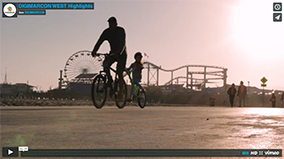



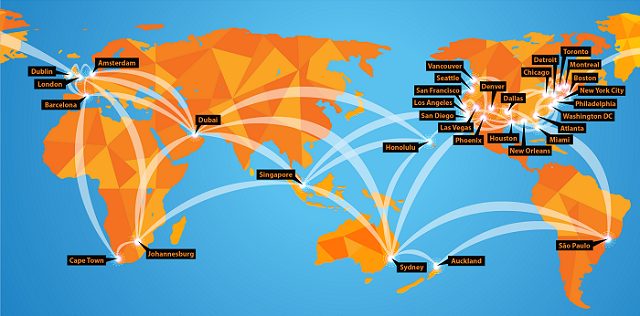
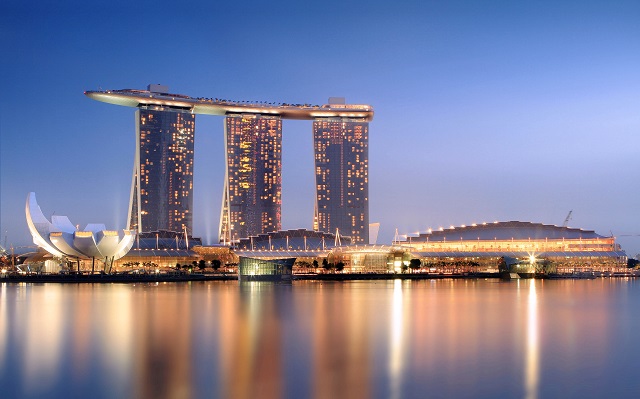
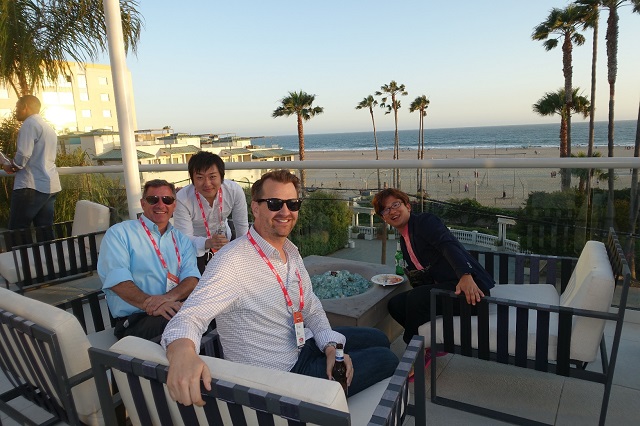
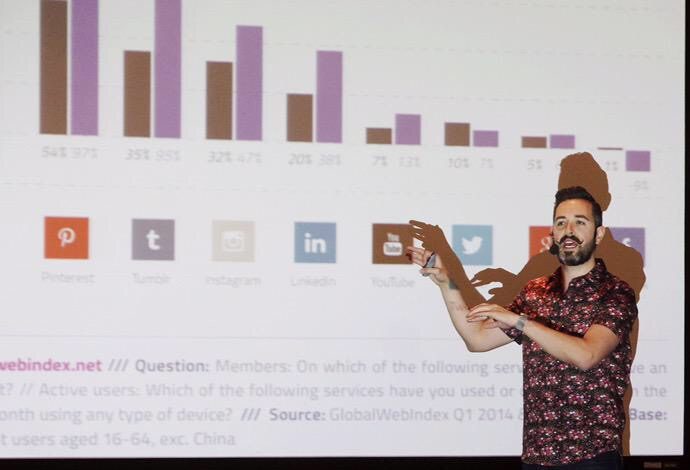
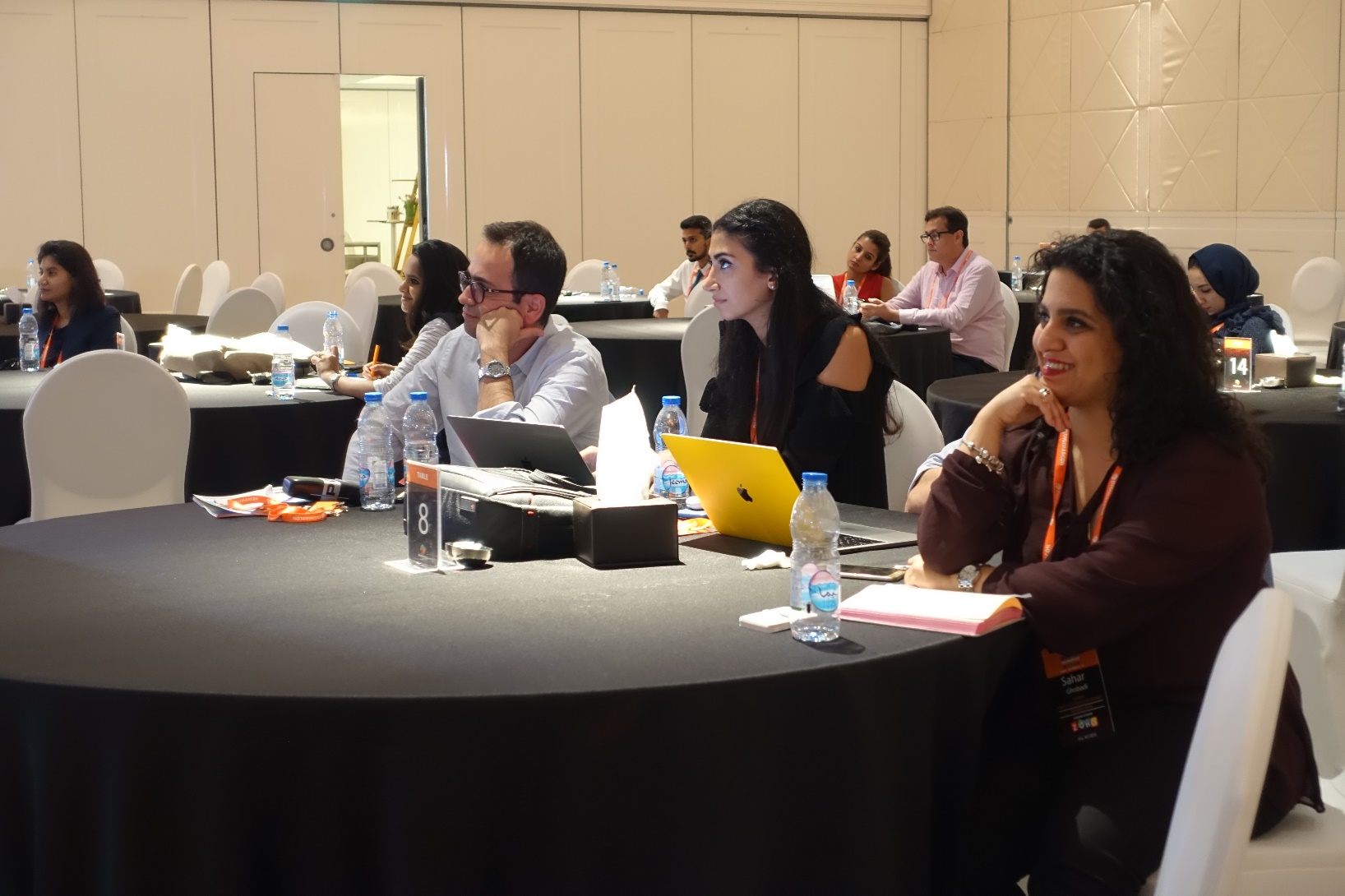
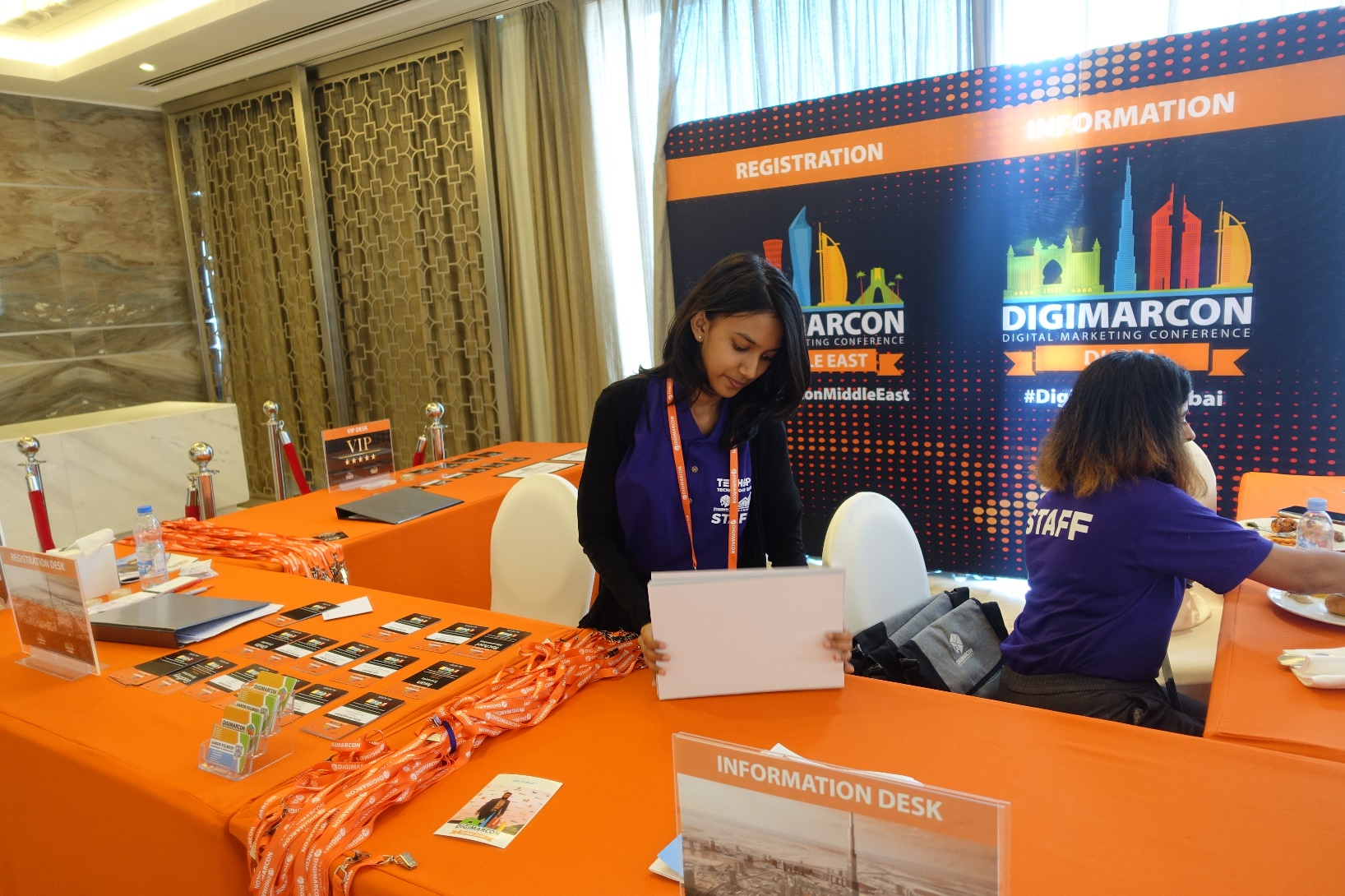
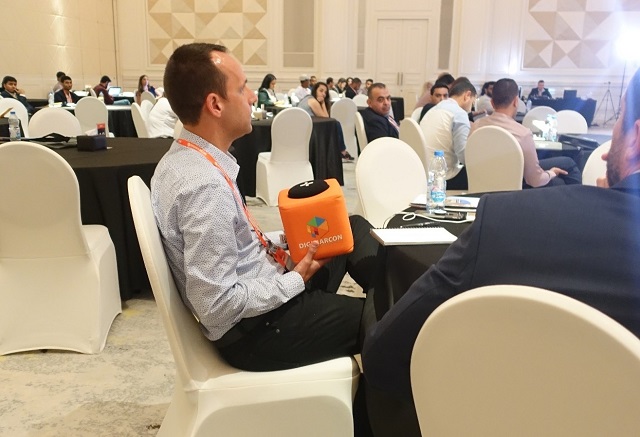

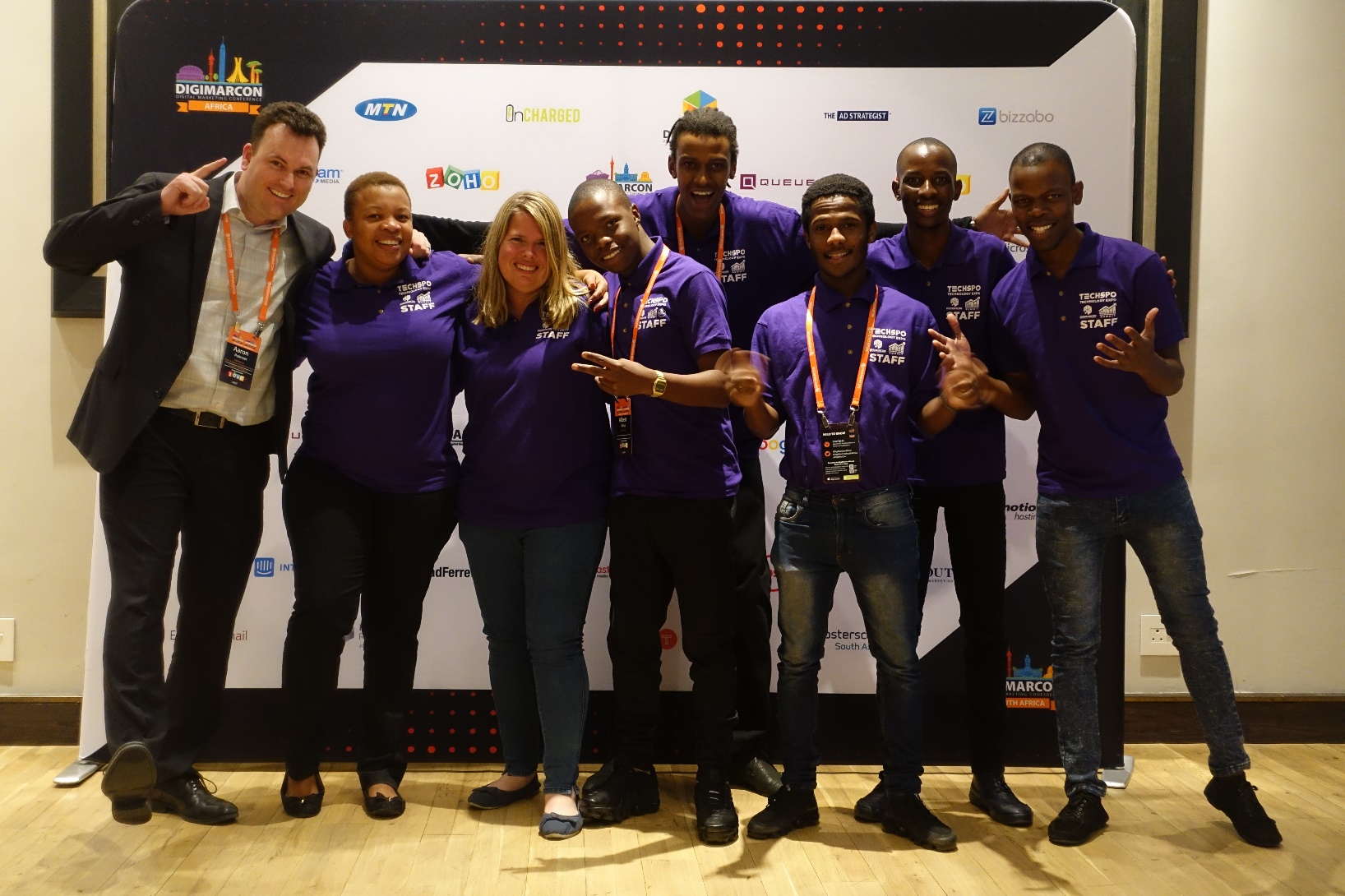

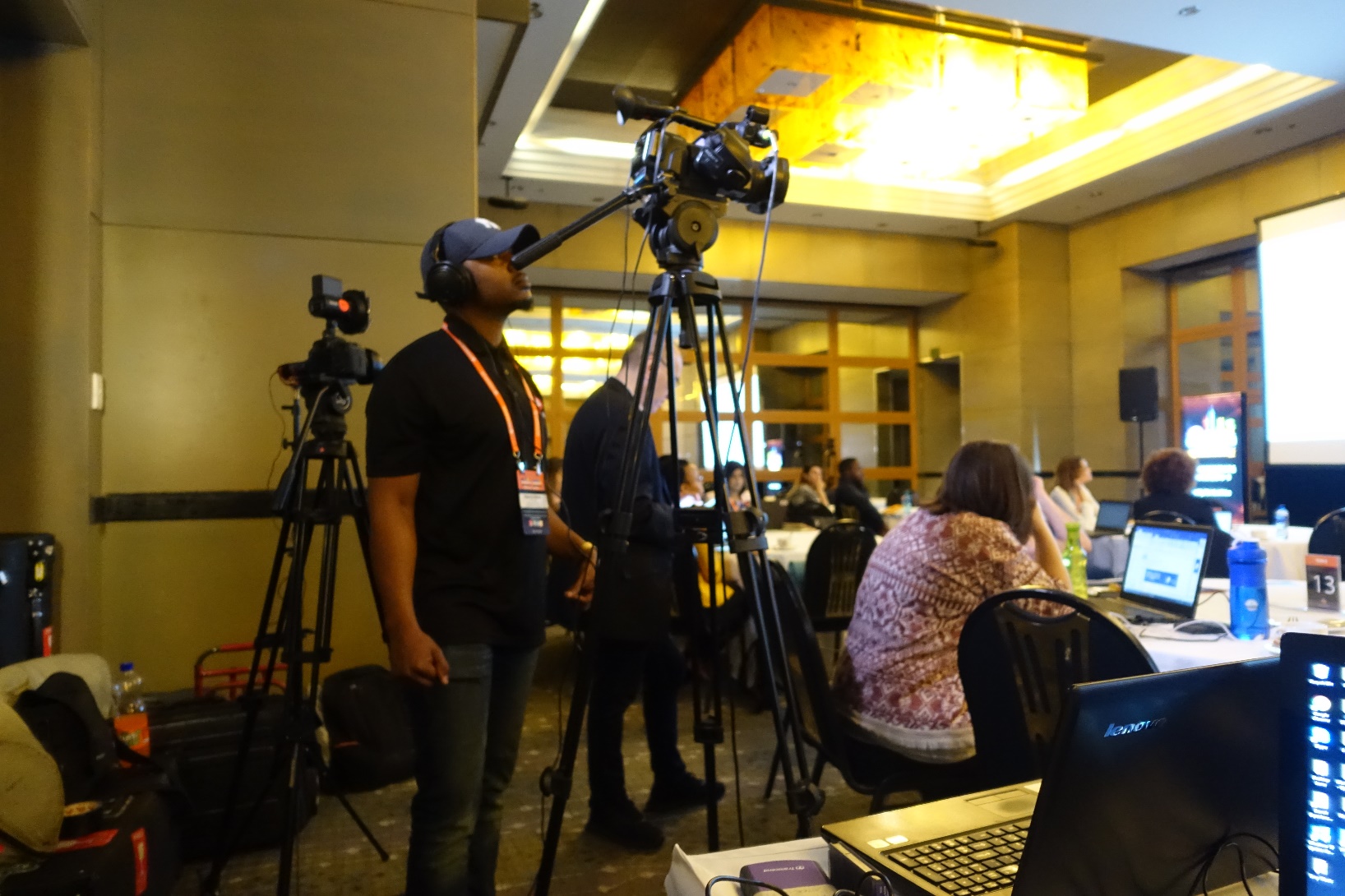
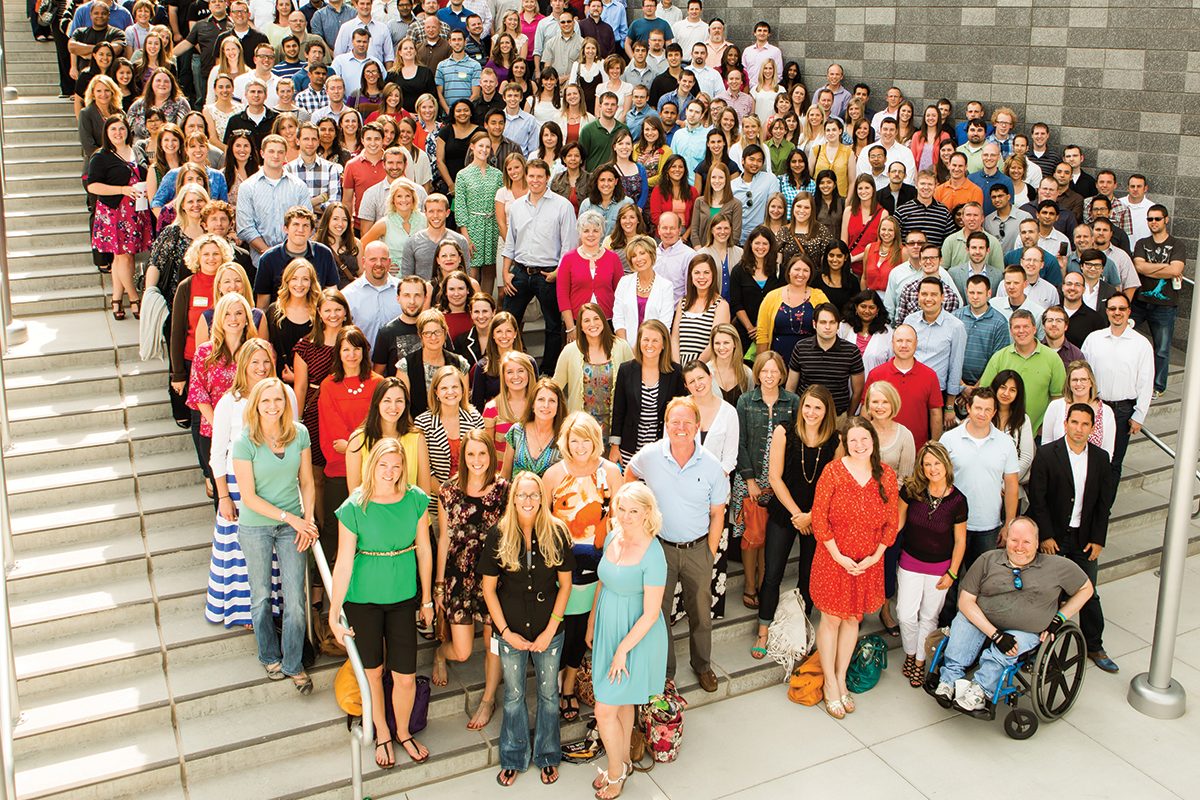

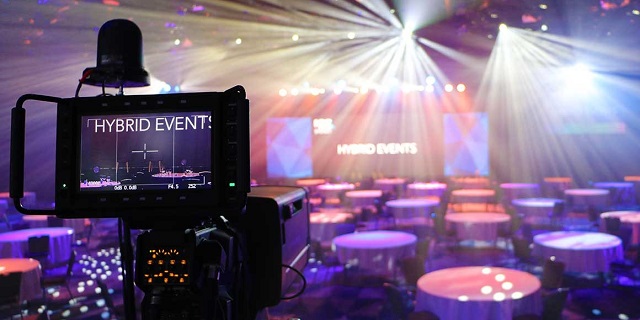
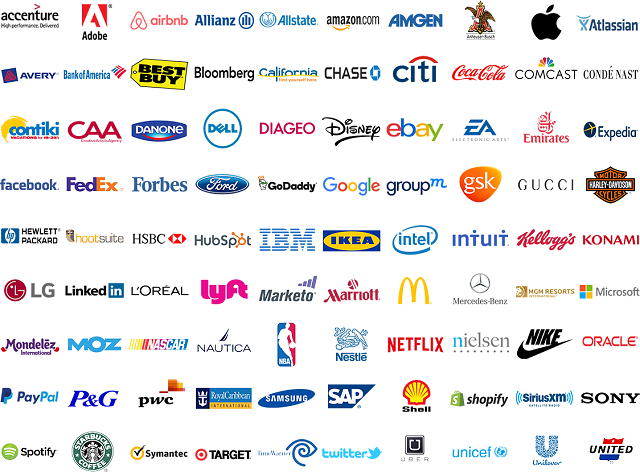












Connect With Us,
DIGIMARCON Conferences